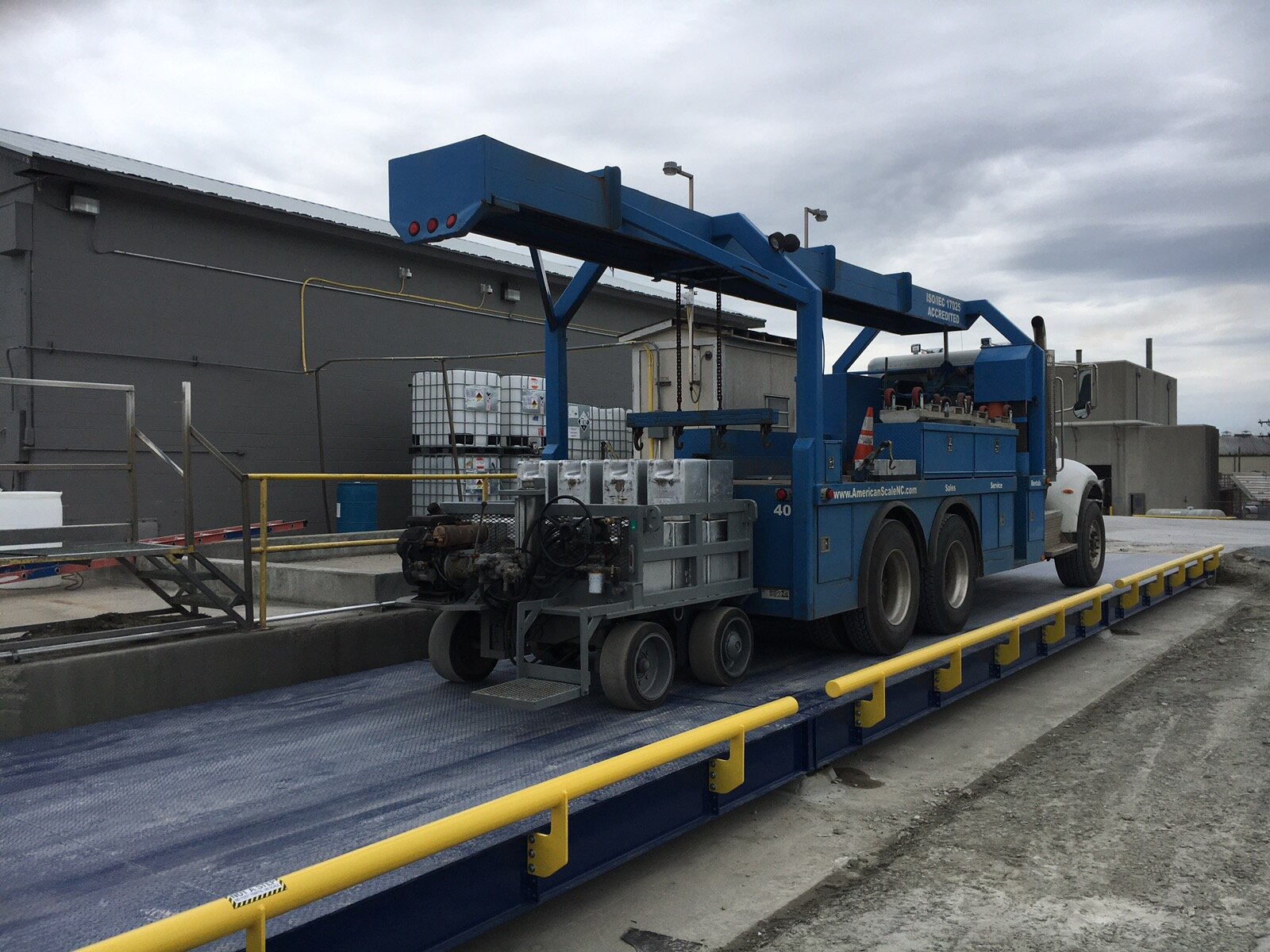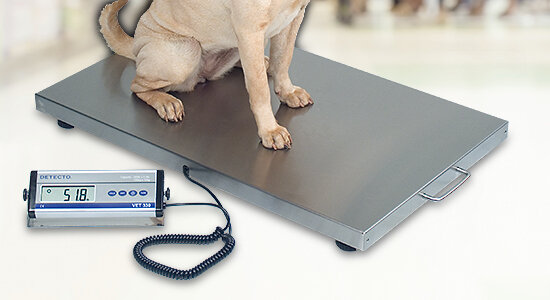Scale Preventative Maintenance Service Agreement
A Preventative Maintenance Service Agreement is a great way to ensure accurate weighments as well as track potential problems occurring with your weighing applications. During a Preventative Maintenance trip, technicians will check the internal and external features of your scale to ensure proper functionality while also checking and adjusting calibration. Many scale issues can be found during a Preventative Maintenance check that could reduce scale down-time and decrease weighing accuracy. The following are 4 reasons why you should sign-up for a scale calibration program:
1. Mechanical Integrity
While performing a Preventative Maintenance check on your scale, technicians will inspection key mechanical features of your scale that could be failing. Mechanical parts such are pivots and bearings, load cell cups, links, and load cell stands are all common areas that a scale will wear due to use, age, and environment. It is important to have these parts inspected routinely to ensure your scale has great repeatability – ability to repetitively weigh accurately – and that the scale is not facing other major issues. Seldom, the wearing of these parts are indicators of a major underlying issue.
2. Electronic Calibrations
Most scale these days features electronic indicators or scale heads as well as electronic load cells. These electronic parts are tested and evaluated during a Preventative Maintenance check to ensure accurate performance. Load cell values and indicator calibration are written down to compare against recommended values as a gauge for potential failure or accurate performance.
3. Accurate Weighing
Scales often act as a cash register for many operations. Products are bought and sold by weight, or weight is tracked to reflect production. During a Preventative Maintenance check, technicians are guided by the scale standards set forth by Handbook 44. By using the standards of Handbook 44, technicians know how much weight should be used to test your scale and what the tolerance levels are to ensure accurate weighing. Through time and use, a scale will drift away from proper calibration. A Preventative Maintenance check will ensure that your scale is routinely brought back to its correct calibration to save you time and money.
4. Legal Standards
Scale applications fall under different agencies and protocols governing their required checks and documentations. Most states require annual checks and calibrations while the USDA and others may require quarterly or monthly. By having a Preventative Service Agreement, you can assure that your company stays in compliance with appropriate scale checks and documentation.
Want to learn more about our calibrations programs; checkout out more details here.


